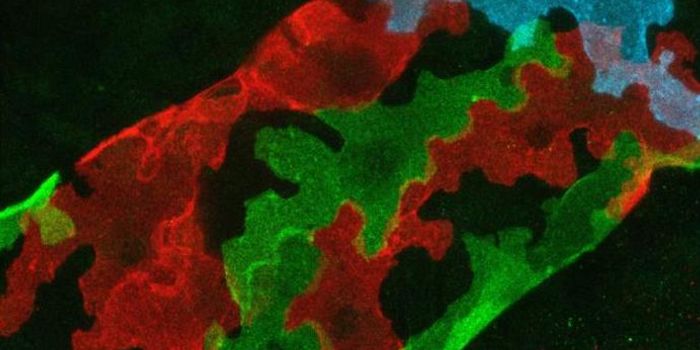Air Purifiers Found To Improve Fetal Growth
A paper titled “The effect of portable HEPA filter air cleaner use during pregnancy on fetal growth: The UGAAR randomized controlled trial” published in Environmental International describes how air purifiers can improve fetal growth.
The study, which was first of its kind, was conducted by health science researchers at Simon Fraser University (SFU) and led by Prabjit Barn and Ryan Allen. The study reveals how fetal growth may significantly improve if pregnant women used portable air purifiers inside their homes.
The study was performed in one of the most polluted cities known-- Ulaanbaatar, Mongolia, which holds fine particulate matter (PM2.5) levels that are seven times greater than the guidelines set by World Health Organization (WHO) guidelines. Fine particulate matter is the pollutant that is most related to adverse human health effects.
By recruiting more than 500 women early in their pregnancies, researchers placed the half the participants in environments with high-efficiency particulate arresting (HEPA) air purifiers. The air purifiers successfully reduced fine particulate matter in the pregnant women's homes by 29 percent. "We found that pregnant women who used HEPA air purifiers inside their homes gave birth to babies that weighed 85 grams more on average at term than women who did not use air cleaners during pregnancy," says Barn.
As of now, researchers believe that these results from the study provide solid evidence that exposure to air pollution during early pregnancy holds a negative effect on fetal growth. Thus, reducing exposure to polluted environments is beneficial during the critical stages of pregnancy.









